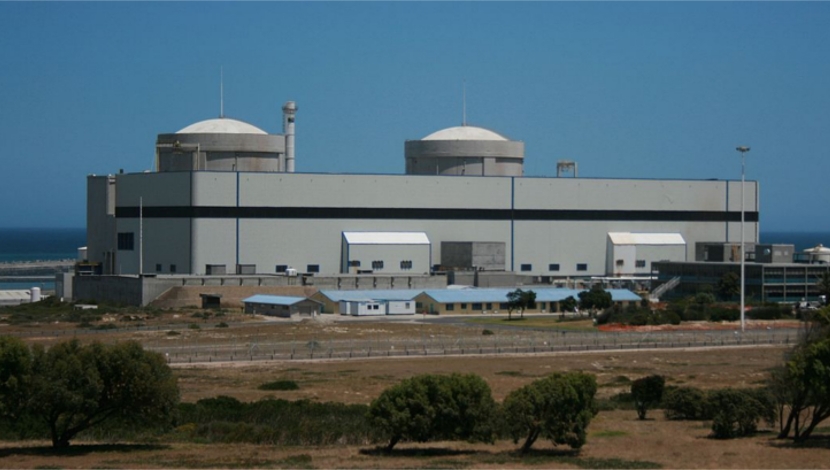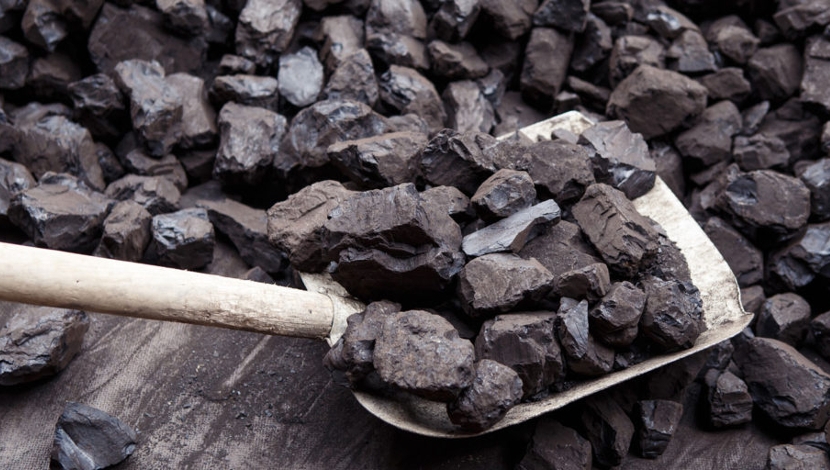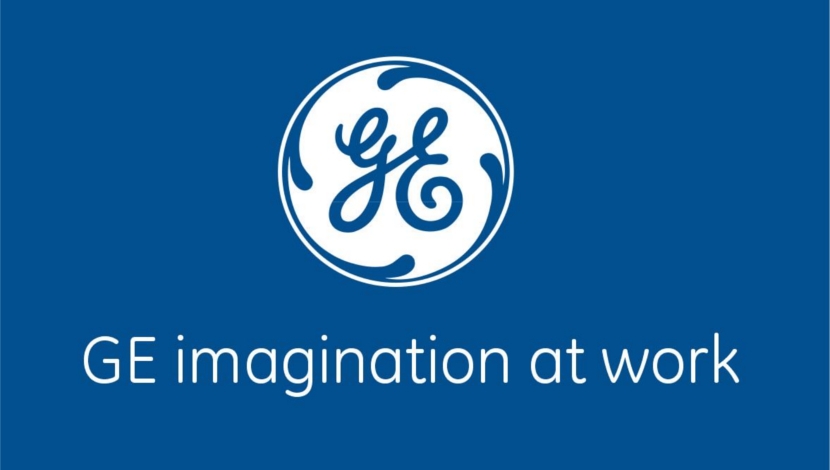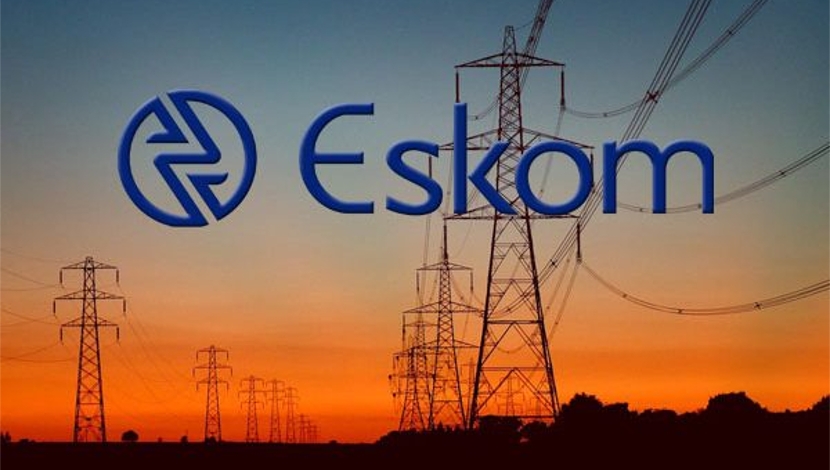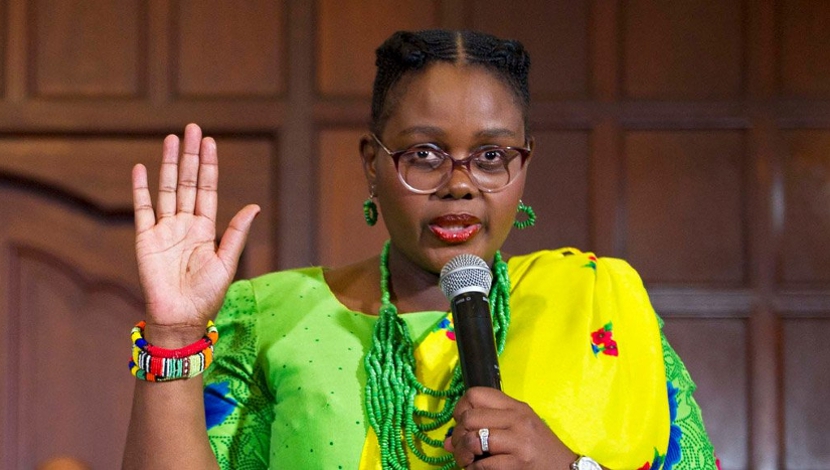

South Africa’s solar photovoltaic (PV) and wind industry bodies have added caution to their initial positive reactions to an announcement by Energy Minister Mmamoloko Kubayi regarding the signing of power purchase agreements (PPAs) for 26 renewable-energy projects that have been on hold since their formal procurement in late 2015.
Kubayi said the projects, which were procured during bid windows 3.5 and 4 of the Renewable Energy Independent Power Producer Procurement Programme (REIPPPP), would be signed by October 28. However she also announced that there would be a renegotiation of tariffs, with a cap of 77c/KWh placed on all projects, regardless of technology type.
The South African Photovoltaic Industry Association (SAPVIA) and the South African Wind Energy Association (SAWEA) both still welcomed Kubayi’s September 1 announcement, which they described as a positive signal in the wake of nearly two years of uncertainty, which arose after Eskom refused to sign new PPAs with renewable-energy independent power producers (IPPs). The State-owned utility questioned the need for the additional 2 200 MW of capacity, in light of the country’s return to an electricity surplus.
The decision to proceed, Kubayi said, was binding on Eskom and had been fully canvassed with the utility’s shareholder department, the Department of Public Enterprises, as well as the National Treasury.
SAWEA said the “movement” provided by Kubayi was positive, but admitted that various issues still had to be unpacked. Likewise SAPVIA indicated that the implications of the Minister’s announcement were currently being “appraised” by its members.
“Whilst the announcement provides much needed policy certainty SAWEA, however, is concerned that the Energy Minister has imposed a condition, stating that tariffs for the unsigned projects in bid window 3.5 and 4 should be renegotiated to under 77 cents per KWh. This condition, which requires tariff negotiating, is illegal under the REIPPPP’s rules,” the wind body said.
Kubayi indicated that she would be meeting with all participants in the bid windows ahead of the signing to discuss issues of concern from the IPPs and for government to give feedback on its concerns.
The 77c/KWh cap and how the figures had been arrived at would be high on the agenda of the IPPs, particularly as it was below many of the project tariffs bid for a number of the solar PV and wind projects identified as preferred bids following bid window 4. The figure was also materially below any tariff achieved, domestically and globally, for a concentrated solar power plant.
“The issue that has to be considered now is whether projects remain viable at 77c/kWh and who will take the knock if they are developed,” SAPVIA chairperson Davin Chown said. “Tariffs for the solar PV projects bid during bid window 4 stood at between 79c/kWh and 86c/kWh.”
The industry is also likely to raise questions about the future of the small-scale renewables IPP programme, which was excluded from Kubayi’s announcement.

